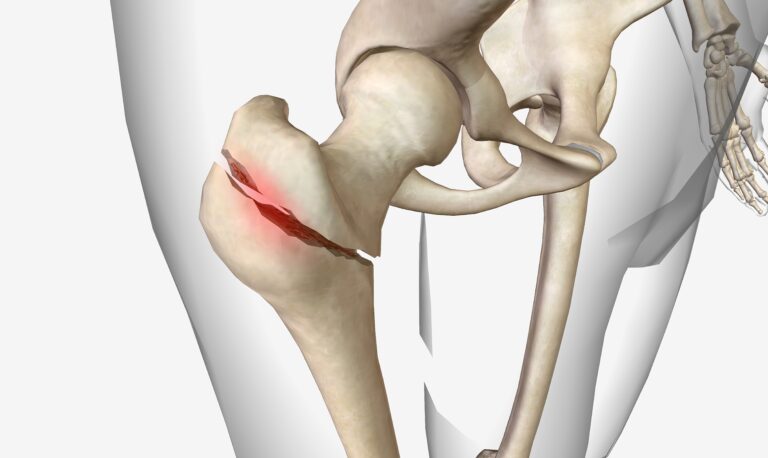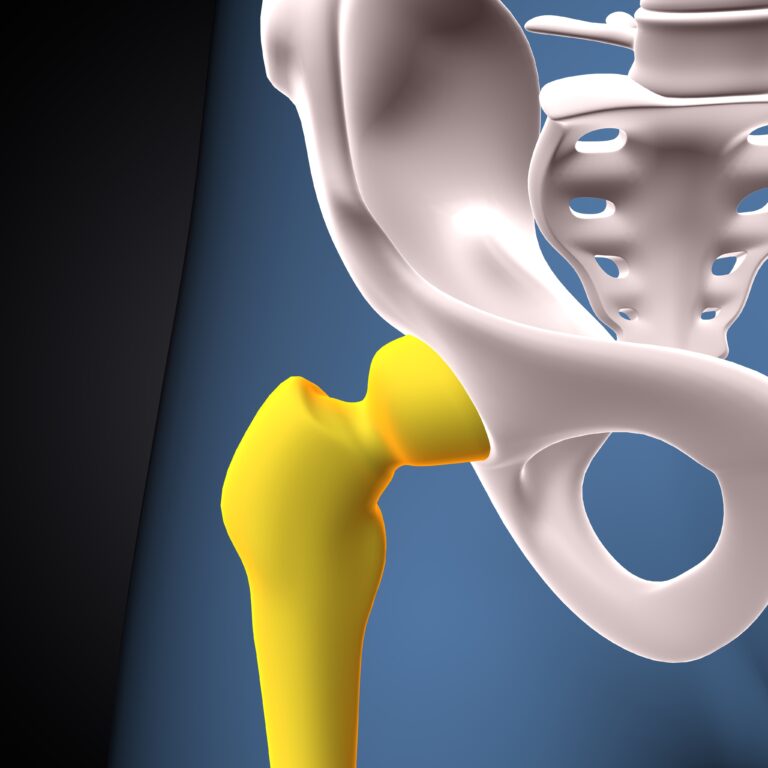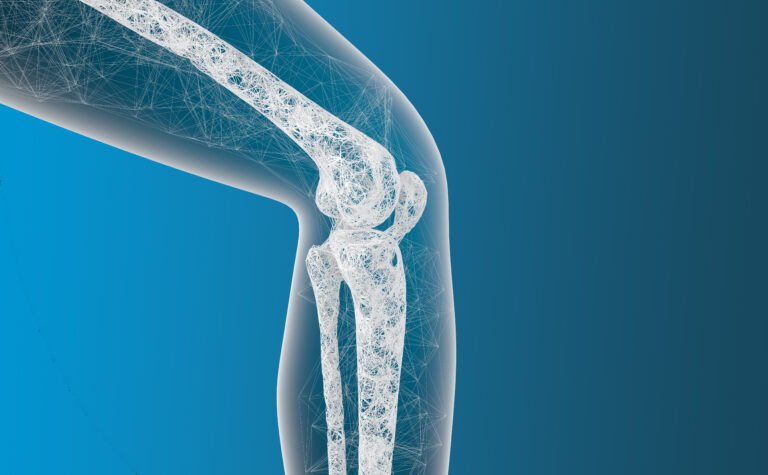Our bones are the foundation of our bodies, providing support, protection, and mobility. Maintaining good bone health is crucial for overall well-being, and one of the most effective ways to achieve this is through a healthy diet. A nutritious diet plays a vital role in building and maintaining strong bones throughout life, from childhood to old age.
- Calcium and Vitamin D: Calcium is a mineral essential for building and maintaining strong bones. Our bodies cannot produce calcium, so it must be obtained from the foods we eat. Foods rich in calcium include dairy products such as milk, cheese, and yogurt, as well as leafy green vegetables like kale and broccoli, and fortified foods such as tofu and orange juice. In addition to calcium, vitamin D is crucial for bone health as it helps the body absorb calcium efficiently. Sources of vitamin D include fatty fish, egg yolks, fortified foods, and sunlight exposure. A diet rich in calcium and vitamin D helps ensure that our bones have the necessary nutrients for optimal strength and density.
- Protein: Protein is another important nutrient for bone health as it provides the building blocks for bone tissue. Including adequate protein in your diet helps support bone growth, repair, and maintenance. Good sources of protein include lean meats, poultry, fish, eggs, dairy products, legumes, nuts, and seeds. Incorporating a variety of protein-rich foods into your meals helps provide the amino acids necessary for bone formation and maintenance.
- Magnesium and Vitamin K: In addition to calcium and protein, other nutrients play a role in bone health. Magnesium is involved in bone formation and helps regulate calcium levels in the body. Sources of magnesium include nuts, seeds, whole grains, leafy green vegetables, and legumes. Vitamin K is also important for bone health as it helps regulate calcium and promote bone mineralization. Leafy green vegetables, broccoli, Brussels sprouts, and fermented foods like sauerkraut are good sources of vitamin K.
- Phosphorus: Phosphorus is a mineral that works alongside calcium to strengthen bones and teeth. Foods rich in phosphorus include dairy products, meat, poultry, fish, nuts, seeds, and whole grains. Including phosphorus-rich foods in your diet helps support bone health and maintain bone density.
- Overall Nutrient Balance: In addition to specific bone-building nutrients, maintaining an overall balanced diet rich in fruits, vegetables, whole grains, lean proteins, and healthy fats is essential for bone health. A varied and nutrient-dense diet provides the vitamins, minerals, and antioxidants necessary for overall health and well-being, including strong and healthy bones.
In conclusion, a healthy diet plays a crucial role in maintaining good quality bone throughout life. By including a variety of nutrient-rich foods in your meals, you can provide your bones with the essential nutrients they need to stay strong, dense, and resilient. Prioritize bone health by adopting a balanced diet that includes plenty of calcium, vitamin D, protein, magnesium, vitamin K, phosphorus, and other essential nutrients, and enjoy the benefits of strong and healthy bone for years to come.
Disclaimer: The information provided in this blog post is for general informational purposes only and should not be considered professional advice. Before making any health-related decisions, consult with a qualified healthcare professional. The content is not a substitute for medical advice, and individual results may vary. The author and website are not responsible for any consequences arising from the use of the information provided. Use your best judgment and seek professional advice when needed.



